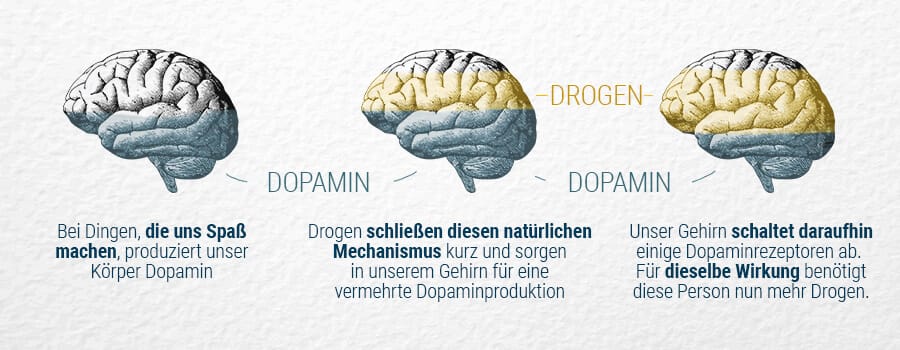A recently published study has shed light on the potential cognitive effects of cannabis use, revealing that consumption of the substance is linked to decreased activity in specific brain regions associated with memory. The research, conducted by a team of neuroscientists, aimed to further understand the neurological impacts of cannabis, particularly its effects on the hippocampus and the prefrontal cortex, both of which are crucial for memory processing and executive function.
The study involved a cohort of regular cannabis users and a control group of non-users. Participants underwent functional magnetic resonance imaging (fMRI) scans while performing tasks designed to assess memory and cognitive function. The findings indicated that regular cannabis users exhibited significantly lower activity in the hippocampus and the prefrontal cortex during these tasks compared to non-users.
The hippocampus, located in the temporal lobe of the brain, plays a critical role in the consolidation of information from short-term memory to long-term memory. The prefrontal cortex, on the other hand, is involved in executive functions such as planning, decision-making, and working memory. The reduced activity in these regions suggests that cannabis use may impair cognitive functions related to memory and executive function.
Researchers also noted that the duration and frequency of cannabis use appeared to correlate with the extent of reduced brain activity. Participants who had been using cannabis for a longer period or with higher frequency showed more pronounced decreases in activity in the memory-related regions. These findings indicate that long-term and frequent cannabis use may have more significant cognitive impacts compared to occasional use.
However, the study also highlighted the need for further research to fully understand the long-term effects of cannabis use on the brain. The researchers emphasized that while the findings suggest an association between cannabis use and altered brain activity, more studies are needed to determine the causality and reversibility of these effects. They also called for investigations into the potential impacts of different modes of cannabis consumption, such as smoking, vaping, and ingesting edibles.
The study serves as a valuable contribution to the growing body of research on the neurological effects of cannabis. As legalization and decriminalization efforts continue to advance globally, understanding the potential health impacts of cannabis use becomes increasingly important. The findings underscore the need for education and awareness about the cognitive risks associated with cannabis consumption, particularly among younger populations who may be more vulnerable to these effects.



